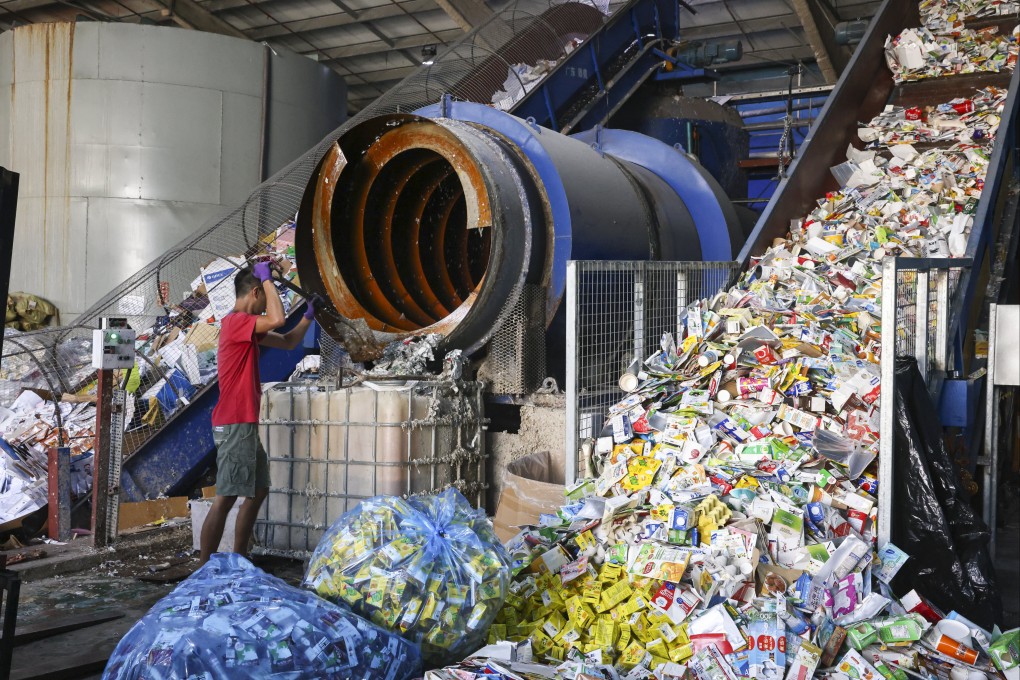Opinion | Flaws in Hong Kong’s approach to innovation apparent in Mil Mill row
- The government has its sights set on developing more glamorous, hi-tech sectors, but it must think carefully about Hong Kong’s place in an already established supply chain
- Moreover, neglecting home-grown innovation and industries does not send the best message

Both the Environmental Protection Department and Mil Mill’s landlord, the Hong Kong Science and Technology Parks Corporation, say they have done their best to accommodate the needs of the recycler, even though its current site is to be set aside for other industries. The episode reveals a lack of long-term vision for the city’s technological development.
Speaking at an event organised by the Stem Education Alliance on September 26, Chief Executive John Lee Ka-chiu once again stressed the government’s determination to transform the city into a technology hub.

Yet even if the government prefers to develop a hi-tech electronics industry, there are still two problems. First, has it thought about where Hong Kong should position itself in the supply chain? We are no longer in the 1980s, when the industry was in its infancy and companies in the United States were beginning to outsource some of their production overseas.
